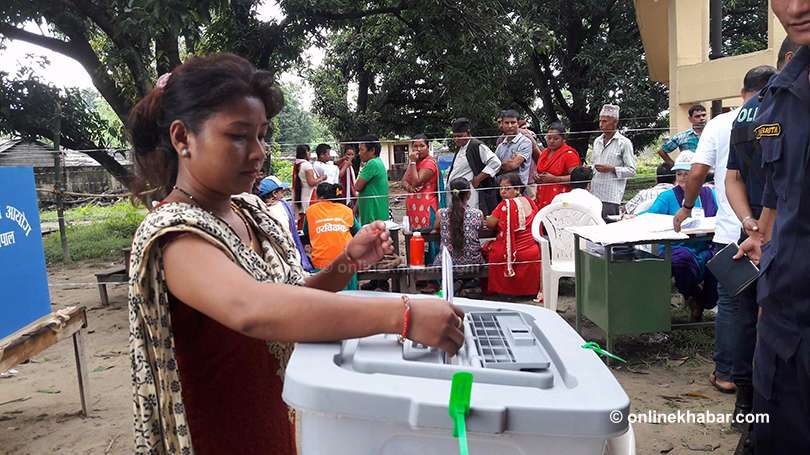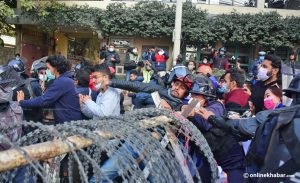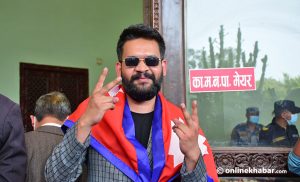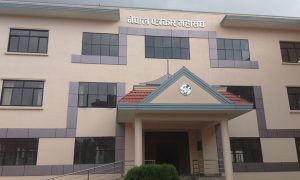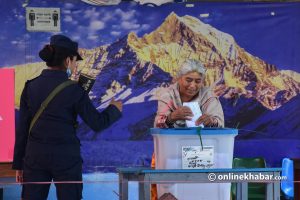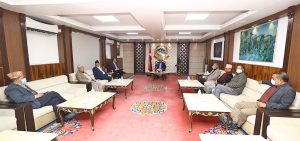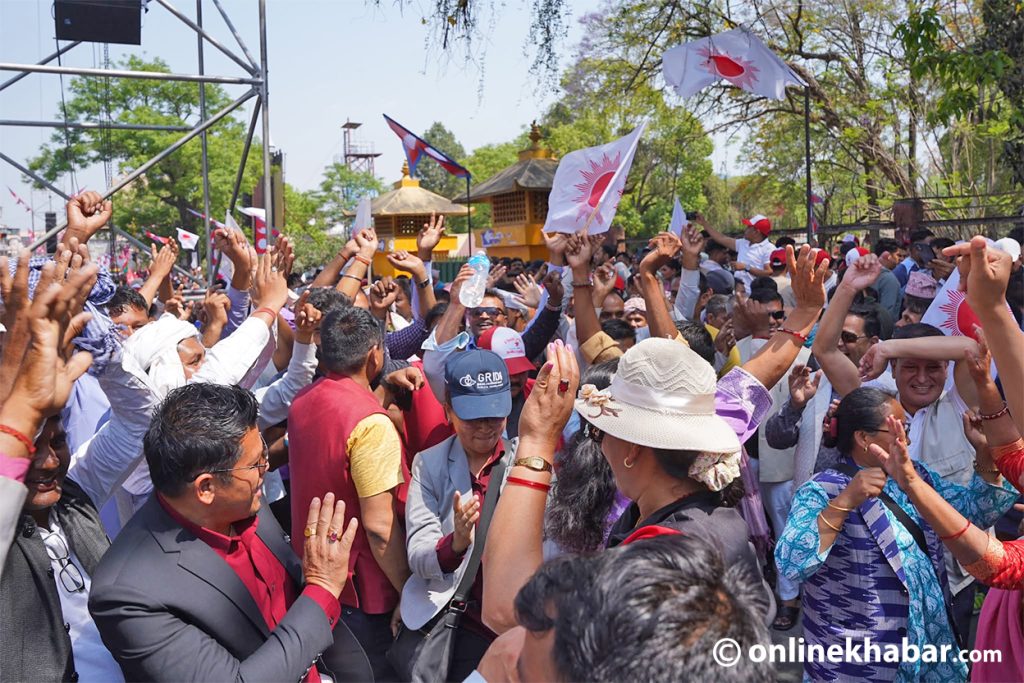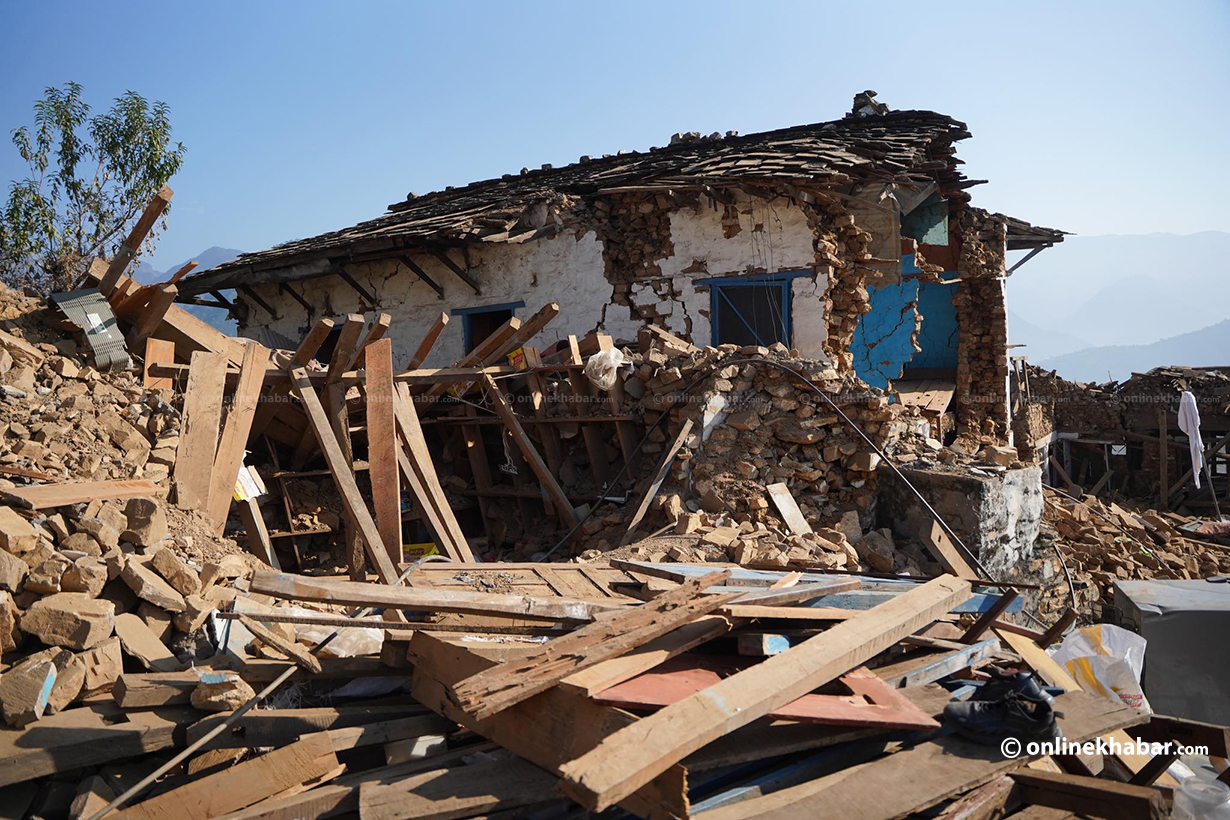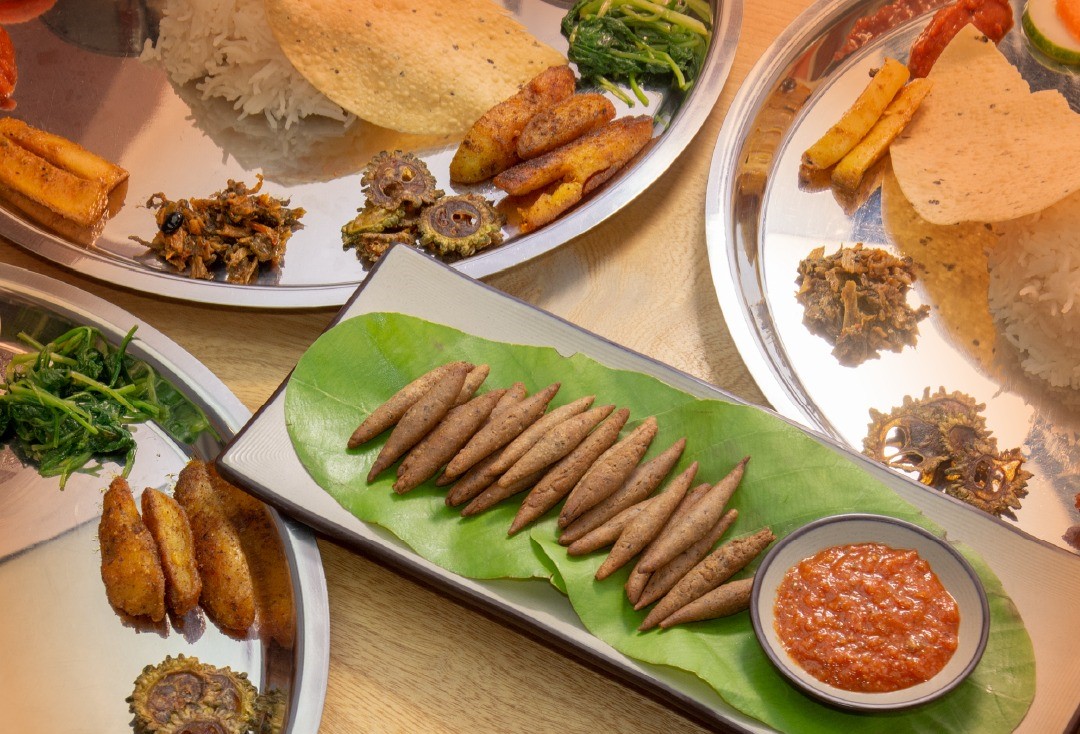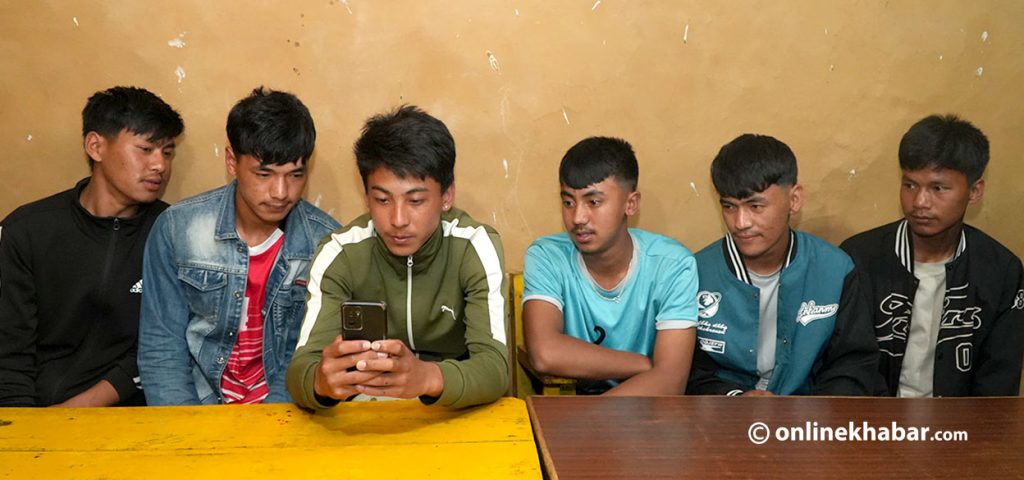With the date of the local elections approaching closer, Nepali media currently are occupied with news and articles related to the elections. Almost all the journalists, entitled to press freedom, are actively creating content regarding various aspects of the elections. Each day they are covering stories related to the political parties, leaders, candidates and events linked with the elections.
This shows higher media engagements during the elections compared to other regular times. During this period, they even change their working mechanism. Many news portals even change their website design, dedicating themselves to the elections. The reporters are seen going to the remote areas to cover the issues that have not been addressed by the government for long.
With more responsibilities, there come more challenges for the journalists and press, to protect and practise press freedom in a balanced way. While the media play an important role in supporting these elections by informing the citizens so that they can make an educated choice, observers say that the elections can pose challenges to the dignity of press freedom.
Fair media for election and democracy

Online and social media are filled with unnecessary posts that are biased, fake and misleading during election times. The platform has become a channel to hold cyberwar, and the situation questions media being fair while disseminating information.
“In this situation, the media should perform fairly,” says Jagat Nepal, a senior journalist and assistant professor at the Central Department of Journalism and Mass Communication (CDJMC), Tribhuvan University.
“But unfortunately, some of the journalists are seen being involved in political parties, appealing for the votes and publishing biased content,” says Nepal. “There are also some journalists who are dedicatedly working for some candidates, using media as a tool to let them win the elections.”
The senior journalist has also found several media that are writing on behalf of the candidate close to them, in an apparent abuse of press freedom. “Issues like these are posing challenges to get the credibility in journalism and press freedom,” he adds.
According to Nepal, to overcome all these issues, the journalist’s code of ethics must be followed strictly. Furthermore, media houses should strictly monitor their editorial team and other employees.
Similarly, he also urges journalists to sensitively handle their social media accounts.
“Media should make the candidate accountable towards their voters. The only way the media can support the election is by disseminating credible news,” says Nepal. “Media can be a medium for propaganda, especially during the elections, which they should avoid, respecting their right to press freedom.”
Nepal believes biased and misleading content is neither good for democracy nor for the elections.
High time for the media to prove themselves

Meanwhile, Kundan Aryal, a media expert and associate professor at the CDJMC, says, “There is a higher probability of disseminating fake content in the name of press freedom during the elections.”
While on the other hand, Aryal also takes the election period as the time for the media to prove themselves through their professionalism and credibility. Explaining more on it, Aryal shares, “If the media are fair, their analysis and balanced information become beneficial for overall development in the long run. That makes them reliable, professional and credible in helping to gain the public trust, eventually establishing the brand of that media.”
Since the media are the most effective tool for publicity and election campaigns, candidates during the elections would prefer to use journalists for their vested interest. In this scenario, the media should be alert and aware to be fair, he suggests.
“In this context, the monitoring body should make the media realise their duties,” says Aryal. “But unfortunately, the regulating bodies include controversial figures. The status of the Press Council is also being challenged.”
What’s the FNJ doing?

Roshan Puri, the general secretary of the Federation of Nepali Journalists, accepts the time of elections can pose a great threat to press freedom.
Puri informs to make journalists more sensitive and aware, the FNJ has been conducting training all over the country, targeting the elections. The training is about detecting fake news and helping journalists for being sensitive while preparing news and handling their social media accounts.
“If any executive members will participate in the elections without resigning, they will automatically lose their post, ” says Puri. “Likewise, if any members are found partaking in the elections, their membership will not be renewed.”



